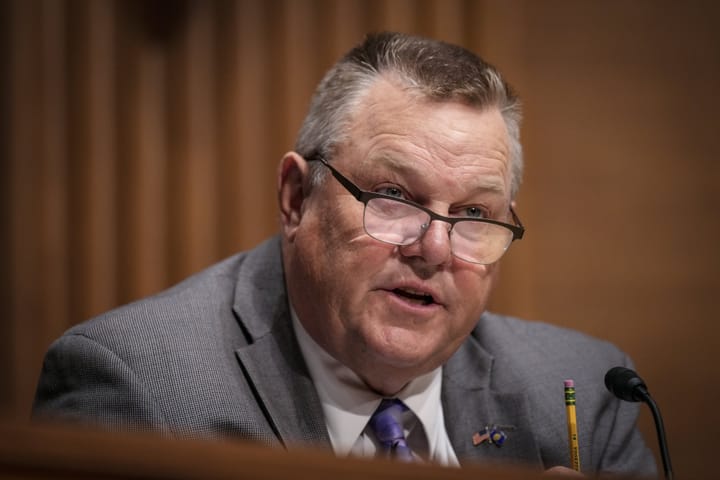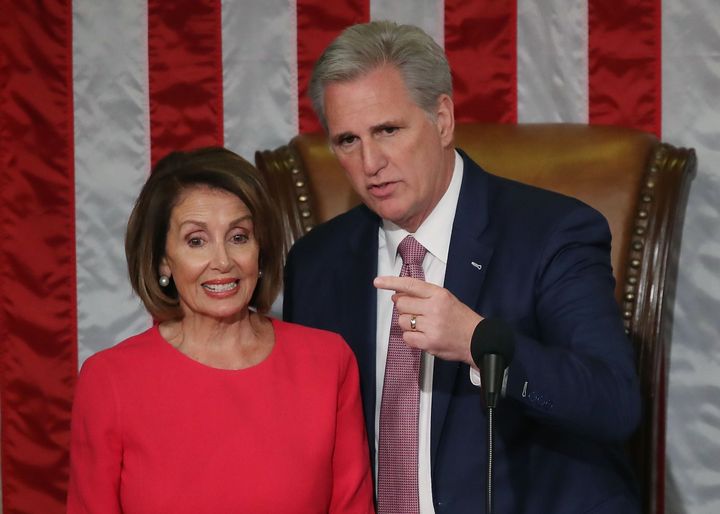Dozens of members of Congress, many of whom have received substantial campaign support from bank PACs and executives, are pushing back against a major regulatory proposal that would require big banks to hold more capital in order to improve their stability. A new analysis from a bank holding company suggests that the industry may be on the verge of getting regulators to weaken the proposal.
In July, the Federal Reserve, the Office of the Comptroller of the Currency, and the Federal Deposit Insurance Corporation unveiled their Basel III Endgame proposal, the final stage of a series of regulatory enhancements that have been advanced by the U.S. government to implement international regulatory standards that were developed by the Basel Committee on Banking Supervision following the 2007-2008 financial crisis.
Among other things, the Basel III Endgame proposal would change how banks with more than $100 billion in assets would have to assess risks for purposes of determining the amount of capital they must hold. For example, banks would no longer be able to use their own internal modeling to judge their credit risks or operational risks, and would instead be required to abide by universal standards. The regulators that crafted the proposal estimate that it would result in a 16% increase in common equity tier 1 capital requirements for large banks. Bloomberg Intelligence estimates that the proposal could cause banks to limit their stock buybacks and dividends until 2025 at the earliest as they build up capital to meet the requirements.
In early September, industry lobbying group the Bank Policy Institute published a Basel Endgame one-pager concluding that “Congress must urge the Federal Reserve and other banking regulators to withdraw this problematic proposal.” On September 12, the Bank Policy Institute and other industry groups including the American Bankers Association and the U.S. Chamber of Commerce sent a letter to the heads of the regulatory agencies behind the proposal requesting that the rule be re-proposed because, they said, it “repeatedly relies on data and analyses that the agencies have not made available to the public.”


